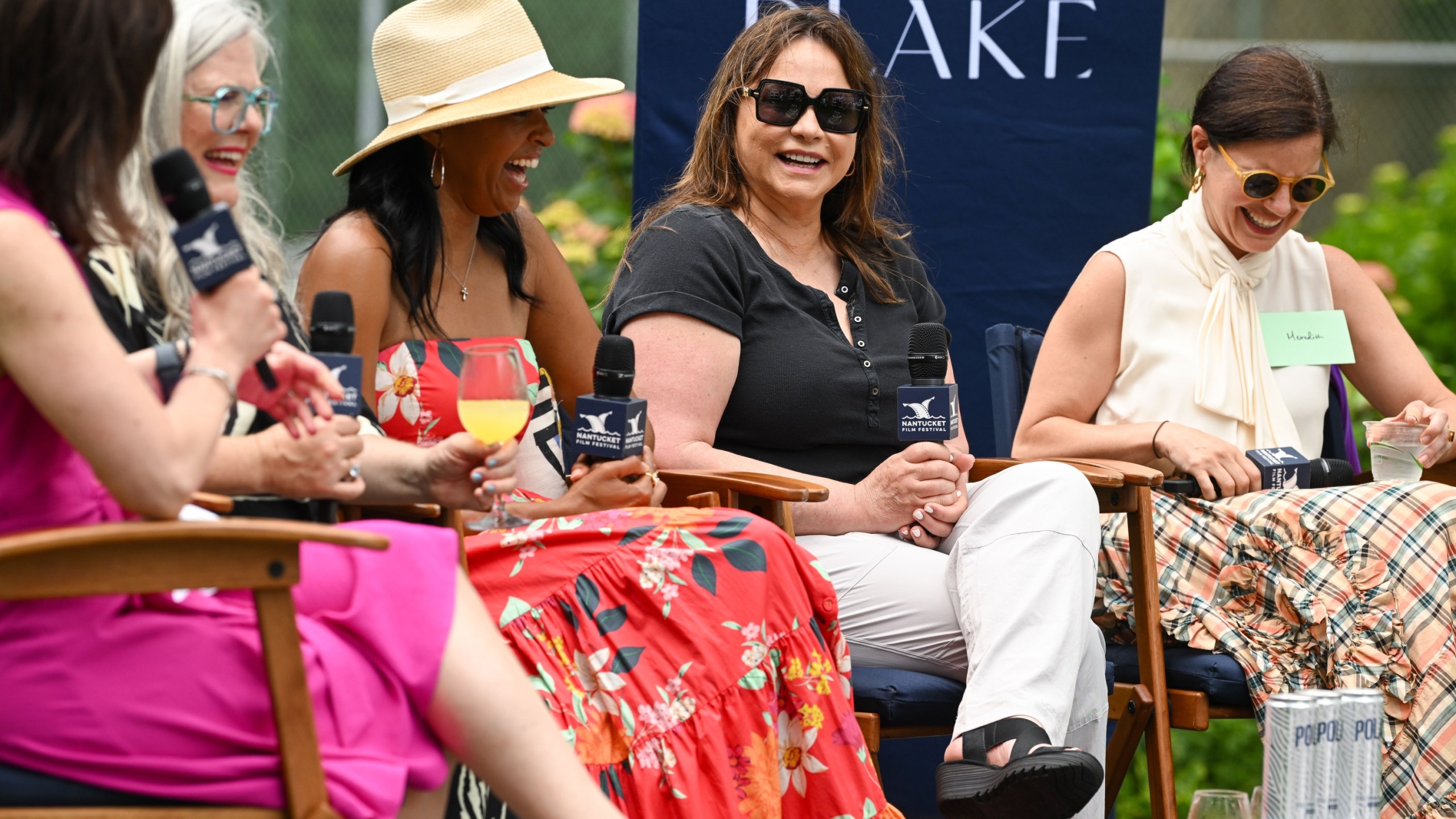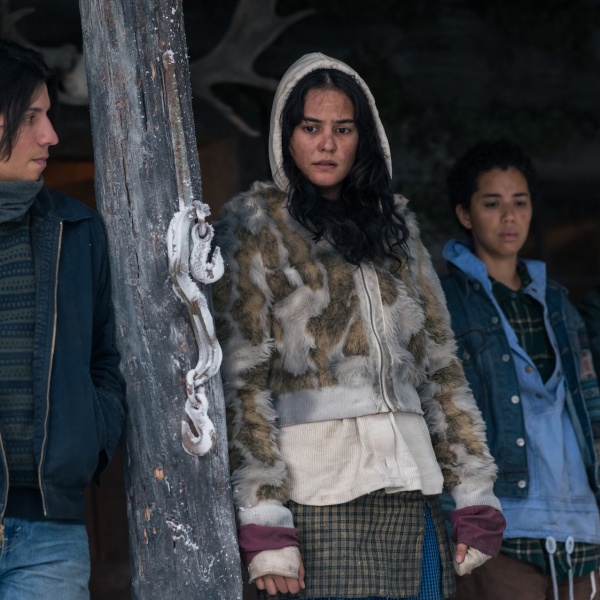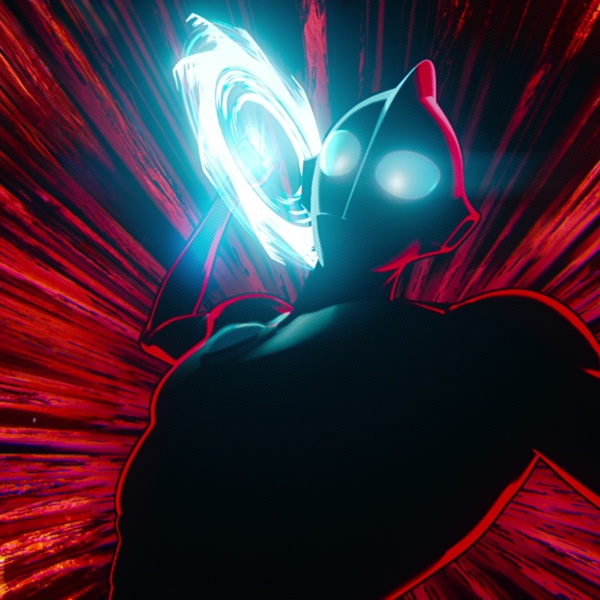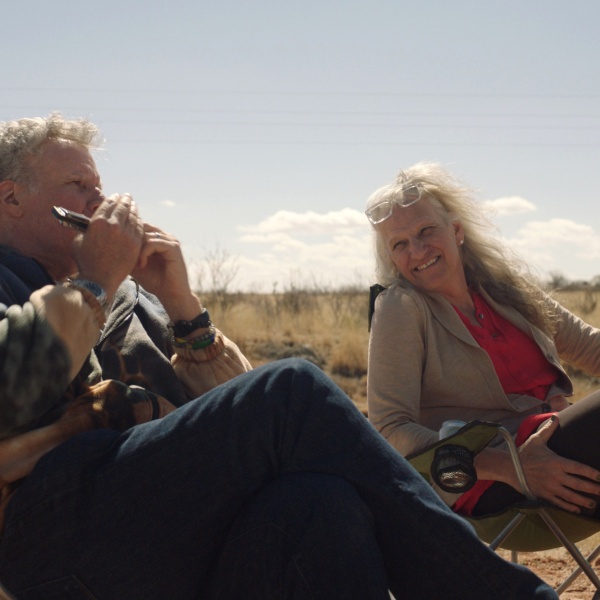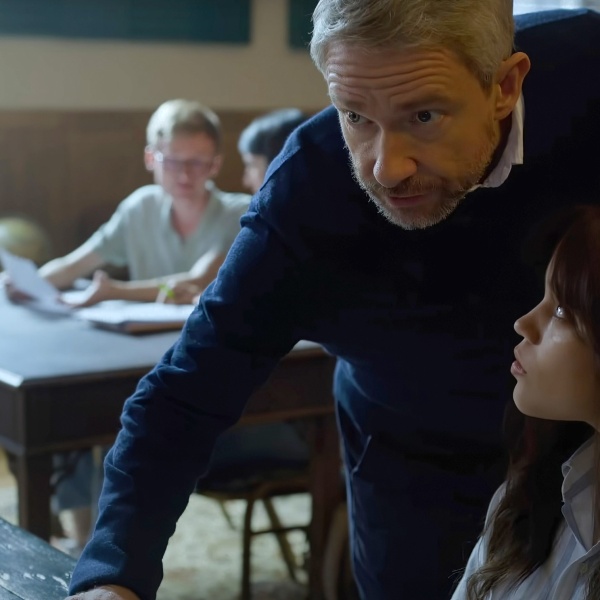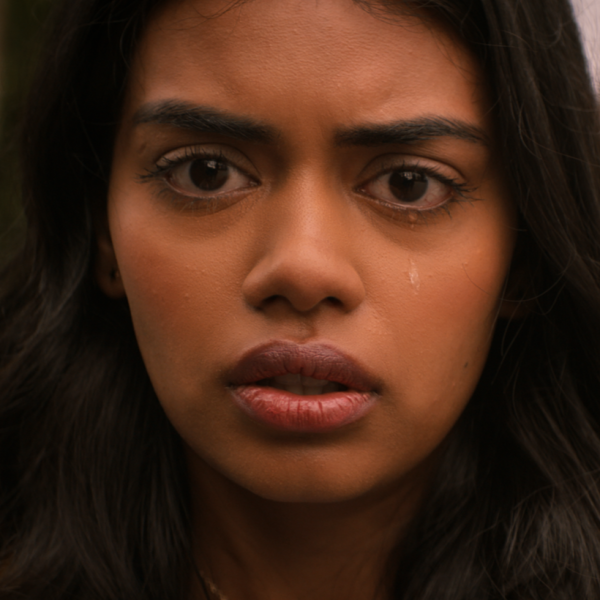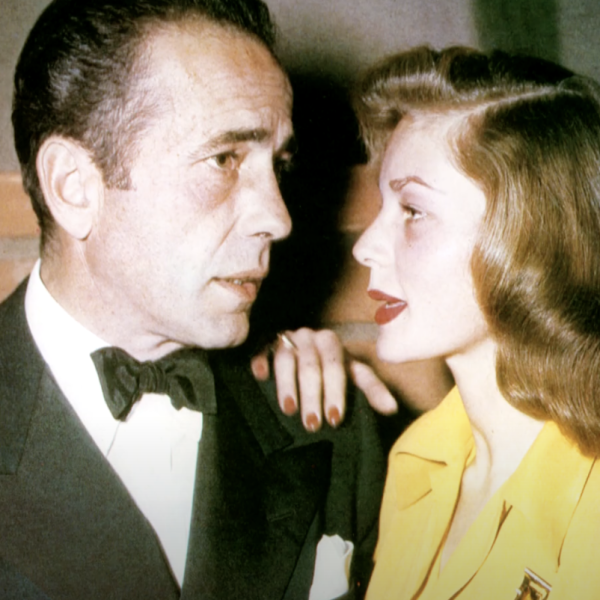The great Frederick Wiseman gave writers some famous advice, which “Between The Temples” co-writer C. Mason Wells brought up at a Morning Coffee panel at the 2024 Nantucket Film Festival: “Marry rich.”
Nantucket and its $28 hamburgers probably isn’t a bad place to hunt for someone with that sort of financial independence — but in fairness to the Nantucket Film Festival, it also has had an abiding love for writers and the craft of writing’s contribution to the filmmaking process. Its awards celebrate both emerging and established screenwriters and television writers.
In the 2024 edition of the festival, there was an interesting mix of frank conversation about the still tenuous, crowded reality of filmmaking in the aftermath of the WGA and SAG strikes; and there was also a lot of celebration of how being in community with other filmmakers makes everyone’s storytelling a little better. In both conversational modes, the writers honored at the festival shared advice with each other — the main thrust of which was the importance of writers finding strong communities to help sharpen and sustain their work and careers.
Wells told IndieWire that while it can feel like scripts are one of the most codified and stale parts of the filmmaking process, there’s no reason it has to be that way. Scriptwriting comes alive when it works as a dramatic document on its own, in addition to its utility as a planning document for a film. “I quite like to read scripts and plays — someone like Annie Baker, it’s amazing to see her work performed, but it’s also a pleasure to read her scripts. The amount of attention she puts into stage directions and the pauses in dialogue: that’s an illuminating experience to be able to have. So I personally would just like to read more scripts that are written in a different kind of vernacular.”
An openness to experimentation — as well as a willingness to take storytelling leaps of faith before they feel perfect — was also what “Girls5eva” creator Meredith Scardino has found makes comedy writers’ rooms come alive. “I think sometimes people sit and wait to lay a little golden nugget,” Scardino said during the Garden Conversation at the Nantucket Film Festival. “You want to be able to have conversations and one of the things that really opened my eyes to how to write comedy is realizing when I got to meet some of my heroes, like Stephen Colbert and Tina Fey and Robert Carlock, they’re pitching a lot. And it’s not always gold, but you mold it together.”

Paula Pell also talked about her experiences on “Saturday Night Live” as doing triage for comedy writing — a whole team working to shape sketches that come in bleeding. The best television writing embraces a paradox of being both communal and personal — you need both experiences. Pell talked about marathon late-night, nine-coffee sessions at “SNL” where folks would trickle back home at six or seven in the morning. “We were right by ‘The Today Show,’ and I would stay until the actual band was playing for the summer series,” Pell said. “After everyone left, it was quiet; it was really peaceful; and I’d walk around, and I’d [get] a second wind, and I’d go, ‘I think I’ll write one more thing.’ And it was the best thing in the table read. Sometimes it was the one that I got on.”
Regardless of how hermetic writing might seem, one thing that writers are dealing with a lot more in the current entertainment climate is the ability to assimilate a lot of different voices from a lot of different camps. It was a very “they’re just like us” moment to hear Kerry Ehrin, whose credits range from “Moonlighting” to “The Morning Show,” observe how the notes process has changed over the course of her career.
“[Notes] have become more and more and more voluminous in the last 10 years, because projects are more complicated now in the way they get put together. There will be like 10 partners on a project: Producers, studios, actors, story people. It’s a lot of voices [and] everyone has the best intentions,” Ehrin said. “But when you’re running the show… you have to really absorb what they’re saying, what they want, and you have to try and figure out a way to do [it] that does not give up your authenticity or the destination you’re trying to get to. Which is pretty exhausting. You want to just say, ‘Trust me!’”

Especially for television the extra work can be overwork, given the multiplicity of voices and perspectives that go into making writers rooms. Scardino and Ehrin both spoke about having to find a way through the river of talent still flowing into Hollywood, and the importance of keeping track of great writers even when there isn’t enough room for all of them in the room they’re currently staffing. And everyone in a room, ideally, brings a different set of skills and specializations.
“It’s a real baseball team and a collaboration. Some people, if you read their drafts, the jokes don’t sound exactly like the show. But their contributions to the characters and the storylines are massive, and we all end up with our fingerprints on every script,” Scardino said. “It really is like putting together a baseball team. Not everyone has the same skills, but together you make something.”
Collaboration can also be a feature of feature writing if you’re intentional about it. Wells told IndieWire about the ways in which he and co-writer Nathan Silver try to make their process open and communal. That sense of community can ultimately keep writers tilting at the windmills of independent film distribution and learning something every time.
“It is very heartening to be surrounded by other writers in particular and talk shop,” Well said. “I think a lot of what can be frustrating for filmmakers, especially independent ones, is to try and adapt our ways of working to the way the industry works — why don’t we try and make the industry work in the way that we already work… because honestly, I think being able to offer a level of independence and freedom is genuinely exciting to actors who have probably worked at a very particular register for a very long time.”
